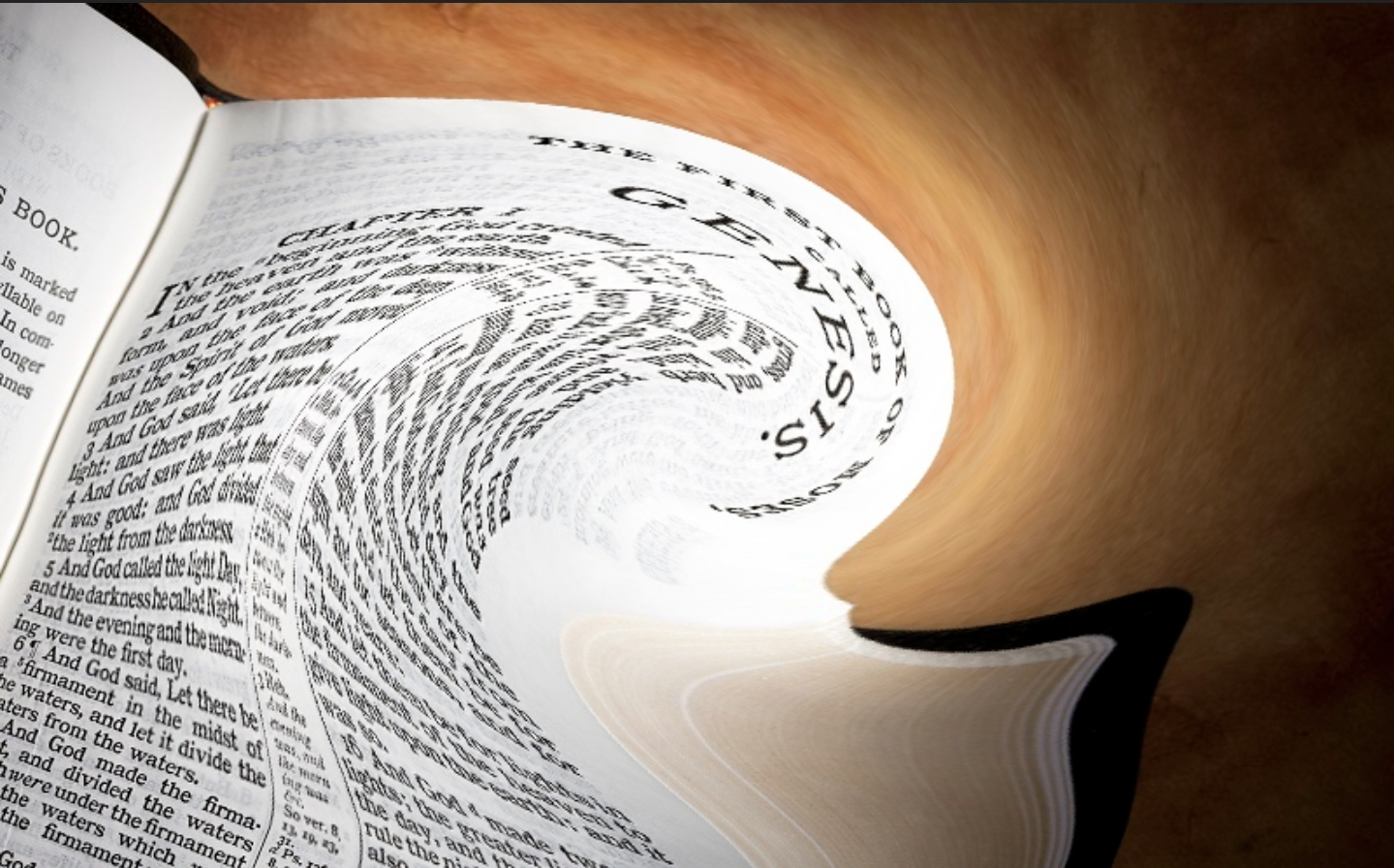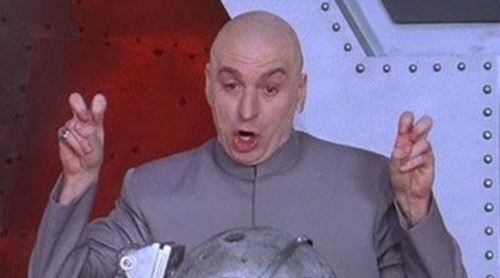23 July 2023
What are the major differences between Chinese and Western cultures?
Having lived in Thailand for about 10 years now and in Europe for longer and the Middle East too, I think I’m well qualified to compare Chinese and Western cultures.
The biggest difference I discovered between the two, at a fundamental level, is their priorities. Chinese culture tends to prioritise the result or the end, whereas Western society prioritises the process or the means.
China is Outcome-Driven
To put it very bluntly, China cares more about money than the West. The ideal outcome that every Chinese person strives for is to have more money. Yes, money is very very central in Chinese culture, which does not have another state religion, because it guarantees security for the family. They have no welfare state to fall back on, or it is rudimentary. Basically, the family takes care of you. And the memories of earlier difficult times are still fresh in the minds of the older generations and transmitted to the young.
This is why it is extremely important in Chinese culture to own your own house, car and iPhone. It shows people that you have wealth, you've arrived, you made it. How you obtain that wealth is not so important or up for discussion, as long as you reach that status or checkmark. Life is brutal and unforgiving. It is a culture where power and money are respected, gets you respect, money and power make influence and are more important than anything else. Not officially violence or military. This is a hard point for softer more genteel minds to understand at a deep level.
The Chinese are also more productive and industrious at the business level. There is less red tape and regulations to deal with, so they get through a lot of work, they produce a lot. Competition is really fierce because everyone is hustling to out-grow and out-compete and out-produce you. The Chinese are incredibly pragmatic and solution-oriented people.
As Chinese culture focuses on results, people tend to be more materially successful in life, though it can seem a purposeless or soulless unadorned existence to a Westerner. They are good at admin, at “obtaining” things like permits, quotas, at meeting deadlines or executing requirements.
The West is System-Driven
While China is an outcome-driven culture, the West is system-driven. The outcome is important, but what’s more important in Western culture is the process and the art, the path you follow and the signs you leave, to reach that outcome.
That is why in the West it’s generally taboo to ask someone how much they earn. What counts is what you do for a living, more than what you earn, at least in polite company.
In business, the Chinese focus on the three Es - economically cutting costs, increasing efficiencies and improving effectiveness. Westerners too of course, we taught them especially Europeans, will care more about how that product is made and provide valuable experiences with that product.
To illustrate this let’s look at watches. The Quartz watch was perfected by the Japanese, an eastern culture similar to the Chinese. It was revolutionary because it was more precise than mechanical watches. A perfect example of focusing on the outcome. The desired outcome of the watch is to tell the time as accurately as possible at the lowest cost. Japan delivers. However, can a Casio G-Shock watch evoke the same kind of experience and emotion as a Rolex or a Vacheron Constantin can? Probably not. Even though they are less accurate, there’s something special about these mechanical watches in how they are made and the history that a Casio can never compete with.
In western culture feelings or experiences are important while they are suppressed in eastern cultures. Westerners will say things like “how are you feeling today?” “how do you feel about bla bla bla?” etc. This is rare in China. The west has a more literary and artistic output from the west.
Living in Asia I noticed how westerners are just wired differently from East Asians. They will have tons of small talk even at work, talking about the news or some difficulties they encountered on their way to work that day, trivial affairs that are never really the topic of conversation among the Chinese. For the Chinese, they made it to work on time, there’s nothing more to say on the matter.
Since western culture focuses on the how, it is an extremely legalistic or litigious society. In the west, a company must abide by certain regulations or codes. For example, they have to follow specific animal protection laws when making leather products. So generally it’s more costly to get things done in the west. That’s why so many businesses have moved their productions to China where the regulations are lax.
Westerners also tend to be more inquisitive. Science has traditionally been a forte of western culture. And science is really about taking things apart and learning how they work, learning the processes and the mechanics. While westerners are very good at discovering new ideas, the theoretical department, the Chinese are experts at commercializing those ideas and implementing them in a practical setting.
To sum up the global economy today: The west supplies the designs, China implements those designs. Be it iPhones or Shanghai skyscrapers.
Collectivism vs Individualism
The second biggest difference between China and the west is that the former is a collectivist or conformist or traditionalist society, while the latter is an individualistic society.
Confuscionism
China as a whole is much more unified and centralised than the west. The Chinese practice conformity to a truly remarkable extent, largely due to its Confucius past which exemplifies "filial piety" - the arrangement that children obey their parents while parents take care of their children, wives take care of their husbands, and subjects are reverential towards their leaders. We have respect and obedience feeding up and benign care and responsibility feeding down and taking care of our happiness and prosperity.
To sum up, China practises government for the people and we government of and by the people. In a collective state it is the state that comes first and then the family and the individual whereas we think the opposite way so there is no tradition of democracy as we know it in China.
Conformity
You could be thousands of miles away in a different city in China and still expect to find the same kind of architecture, shops, signage, amenities, etc. There’s both the upside and downside to this. It can be a tad boring to see the same stuff everywhere you go, but it affords a certain level of convenience. This is why I think there is a stronger sense of national identity in China.
Individualism
The West is more individualistic and this is reflected in the political landscape. Europe is a fragmented continent. It is divided into many small countries which are in turn divided into many small regions and towns. And each of these regions and towns has its distinct culture, architecture, customs, and sometimes even languages.
For example, Scotland has its own separate unique identity that is different from England or Europe. And Scotland is a country of only about 5 million people. Many medium-sized cities in China have more people than the entire population of Scotland. The same goes for regions like Wales, Northern Ireland, Cornwall, Andalucia, Catalunya, Bavaria, Veneto, Flanders, etc.
CCP
Is it chopsticks that makes China so very different from the West? I don't think so. We in the West often ask how the people who live in China could put up with a dictatorship and do nothing about it - in my mind, that really is the most important question.
We in the Liberal West think that we are born with natural rights which mean that we can do pretty much as we like provided that we don't step on the rights of other people and if we do and the dispute can't be sorted out then that is why there is a government.
So we are independent and we are individuals and we only accept to compromise on our rights in order that the government can protect us all. No one is above the rule of law and this includes the rulers and no group has absolute power - power is split between the assembly, composed of Representatives of the people who make the law, the executive who govern and implement change desired by the people, and the judiciary who deal with infringements. The role of the government extends to protecting human rights, assuring freedom of speech and respecting private property.
Compare this with China which had been continuously ruled by and for the Han people since, some say, 2000 BC and it was only in 1911 that the Qing dynasty fell apart and that was because the people realised that they were unable to protect the country from foreigners.
So for thousands of years the Chinese people had lived under imperial rule and were also dominated by this traditionalist Confucian thinking. Both are hierarchical, top-down ways of thinking and organising.
Humiliation
The Chinese have a deep in their collective psych the notion that Western colonialism and imperialism subjected them to a hundred years of humiliation this started with the opium wars and the Treaty of Nanking in the middle of the 19th century, and ran through to the collapse of the Qing dynasty, after which an attempt was made at creating a republic in 1912 and a constitutional monarchy in 1916. Both failed.
But what China and Chinese people do have is a very nationalist view of China's place in the world and to some extent a resentment at the humiliation they were put through by the West.
CCP
By the time the second world war came, China had no proper system of government to protect itself. But there were two weak parties rivaling each other to take charge the GND and the CCP the Kaoming Tung and the Chinese Communist Party.
It was almost an accident of history that the CCP came to power in 1949. The CCP was a Marxist-Leninist party and based its philosophy and its organization on Russia's communist set up the CCP believes that the CCP mission is to create a classless egalitarian society, to abolish private property.
In 1949 Mao Tse-tung defeated Chiang Kai Chek and China fell into the hands of the communist party after which foreigners were forced to leave.
https://youtu.be/6StPC4atEVg?si=uTtqRc66HovsfdtV
Thanks for reading




























